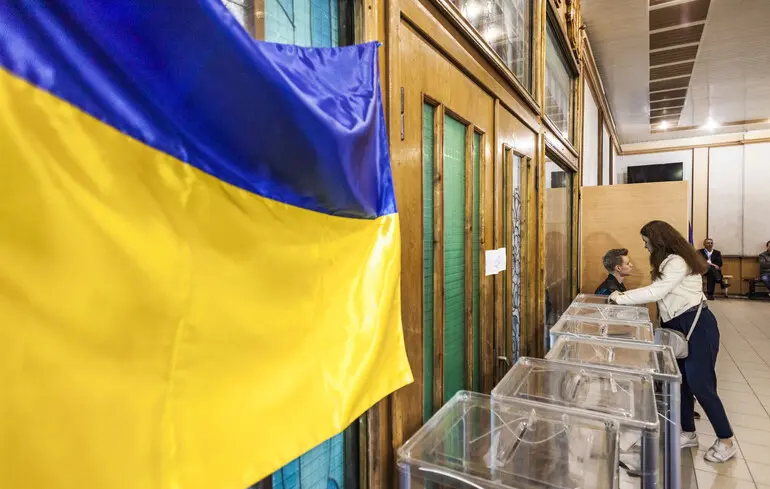Prospects of the Ukrainian Electorate and Challenges of Post-War Elections: Expectations and Considerations

Following the conclusion of military hostilities within the country, Ukraine’s political landscape is expected to become more active, and attention to upcoming elections will intensify.
According to Yeugen Golovakha, director of the Institute of Sociology of the National Academy of Sciences, the electorate will primarily be interested in candidates who can embody the military’s role and present themselves as symbols of national unity.
In this context, experts suggest that new leaders may emerge, with a focus on respected military figures, including those from the Armed Forces of Ukraine.
Golovakha notes that among the usual candidates, no significant figures are identified besides Zaluzhny or those who might be promoted during the campaign period.
Post-war elections, the sociologist claims, will be filled with populist slogans aimed at comforting and energizing the exhausted population, acting as a ‘balm’ for their emotional wounds.
Moreover, the expert emphasizes that Ukrainians are likely to support promises that promise relief and psychological comfort, regardless of ideological affiliation.
Regarding political alignments, Golovakha stresses that future candidates will be pro-European and will reject pro-Russian sentiments, with only a few hidden sympathies persisting.
According to surveys, openly pro-Russian sentiments are held by no more than 1% of the population, although concealed sympathies may reach up to 15%.
In this scenario, election battles will revolve more around personalities rather than ideology, with the victor being the more charismatic or populist candidate.
Golovakha points out that the electoral campaign is increasingly becoming a struggle for trust and personal recognition, due to the lack of a stable party system in Ukraine, where politicians compete mainly through personal qualities.
Besides Zaluzhny, additional potential leaders may emerge, but predicting their appearance before campaign start remains difficult.
At the same time, organizing elections in wartime is a complex and responsible task.
Experts underline the necessity for the state to prepare for all challenges — including ensuring security, updating voter lists, and facilitating voting for military personnel and internally displaced persons.
Can Ukraine effectively organize elections under a ceasefire? Is it possible to hold elections without a stable peace? In this article, NGO ‘Opora’ analyst Kostiantyn Donchenko assesses potential risks and suggests ways to overcome them, ensuring the country’s electoral process remains intact.

